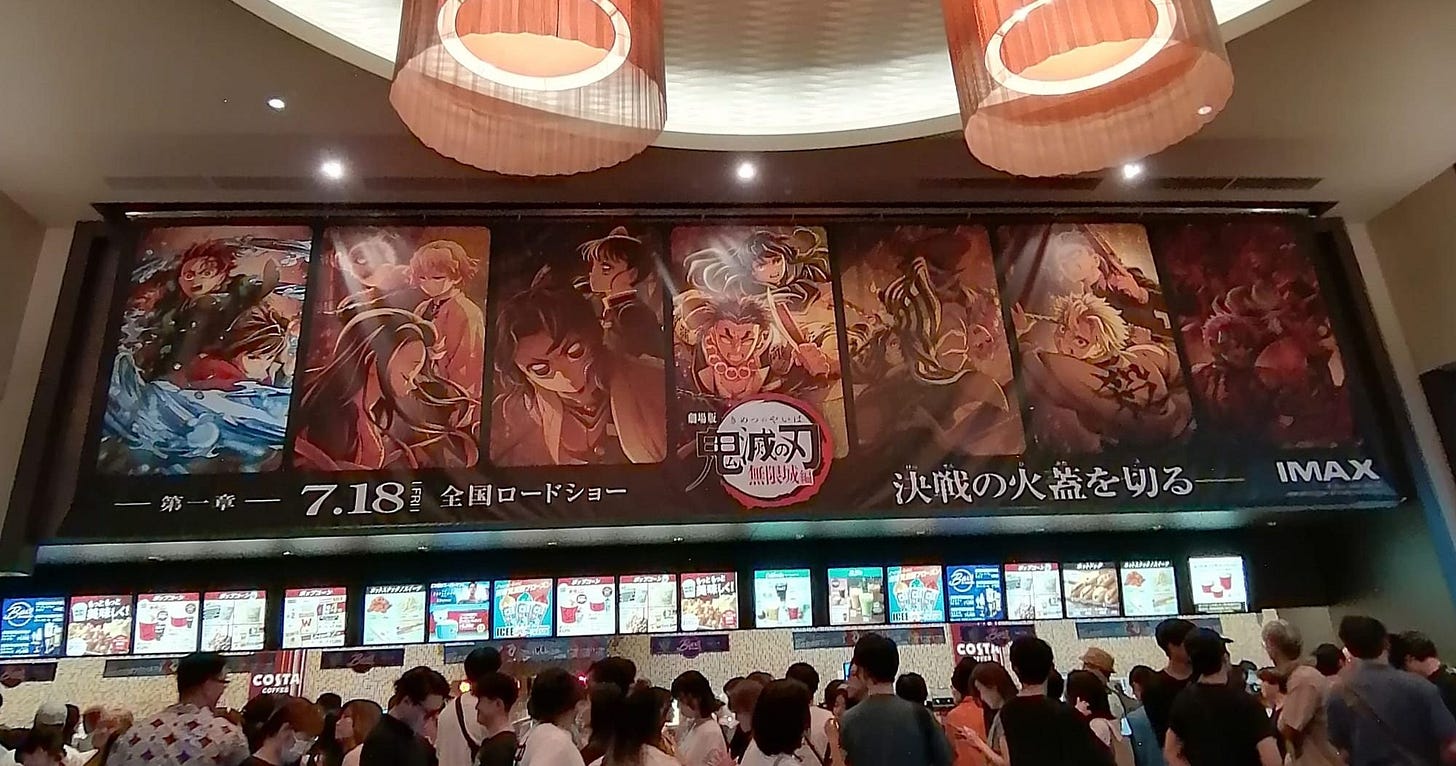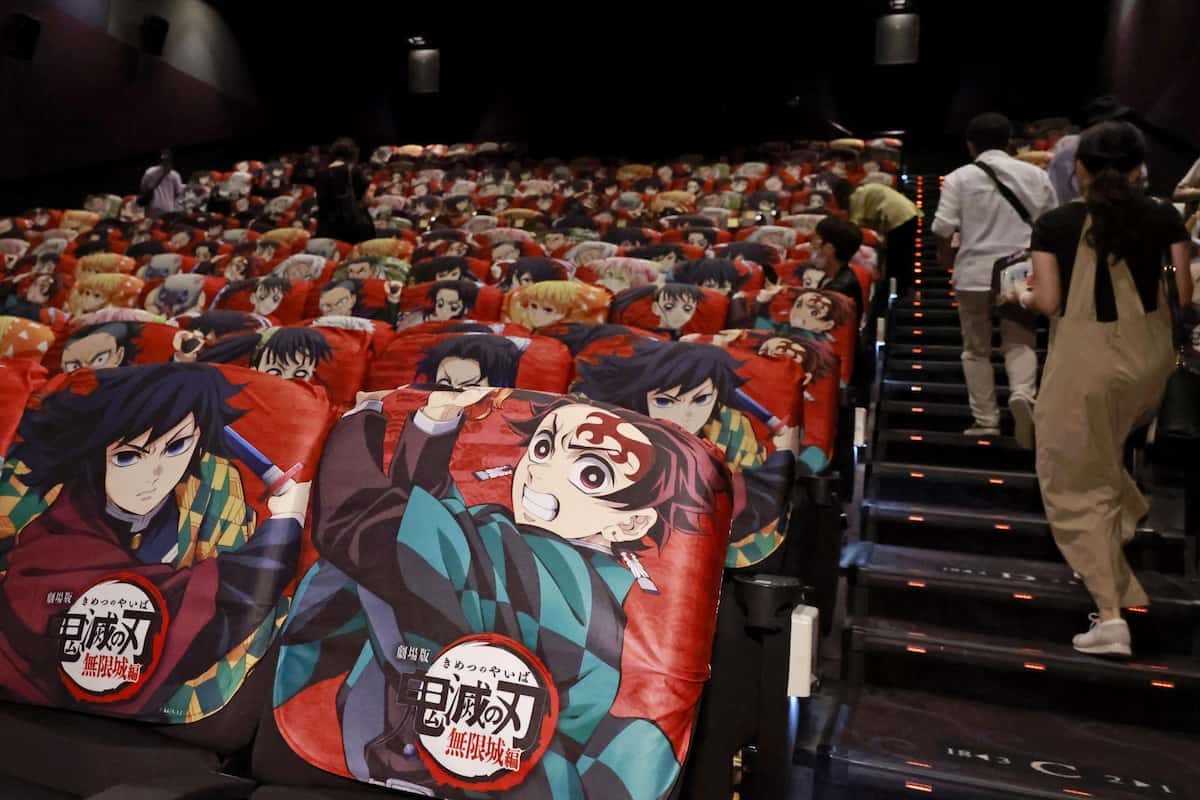Demon Slayer Fuels Box Office Surge and Sparks Warnings Over Theater Etiquette in Japan
Japanese pop culture news edited by Patrick Macias
Infinity Castle – Part 1 is the fastest film in Japanese history to cross 10 billion yen
The film is attracting casual audiences and first-timers unfamiliar with theater norms.
Reports of poor etiquette and piracy are testing the limits of Japan’s quiet, orderly theatergoing tradition.
The new film Demon Slayer: Infinity Castle – Part 1 has taken Japan by storm, becoming the fastest film ever to surpass 10 billion yen at the domestic box office. But its historic success has also uncovered a less celebratory trend: an etiquette crisis that is now sparking widespread debate across social media and industry circles in Japan.
New Demographics Fuel Theatrical Boom in Japan
The theatrical release of Infinity Castle, launched with nationwide marketing tie-ins and record attendance, is drawing new demographics into theaters. For many, this is their first moviegoing experience in years, or possibly ever. While the influx of newcomers is boosting revenue and foot traffic, it has also led to a wave of complaints regarding audience behavior.
The Rise of Theater Etiquette Violations
Viewers have reported talking during screenings, smartphone use, and even physical disruptions like seat-kicking. These incidents, which used to be rare in Japanese theaters known for quiet courtesy, have become frequent enough to generate trending topics online. In response, the film’s official social media accounts have issued warnings, including a statement condemning illegal video uploads from inside cinemas.
Although some disruptions stem from audience inexperience, the issue appears to be scale. With dramatically larger crowds, the likelihood of encountering poor manners has simply increased. Some fans have taken to calling this trend “seat gacha,” referring to the gamble of being seated near someone who might ruin the viewing experience.
Business Gains Must Balance With Behavioral Risks
Despite these challenges, the overall impact of Demon Slayer on Japan’s theatrical market remains largely positive. The film is revitalizing cinema attendance and reaching audience segments that had been considered lost to streaming. Yet the etiquette crisis it has exposed may force exhibitors to rethink how they manage crowd behavior in an era when blockbuster anime is bringing everyone back to the big screen and hopefully for good.





